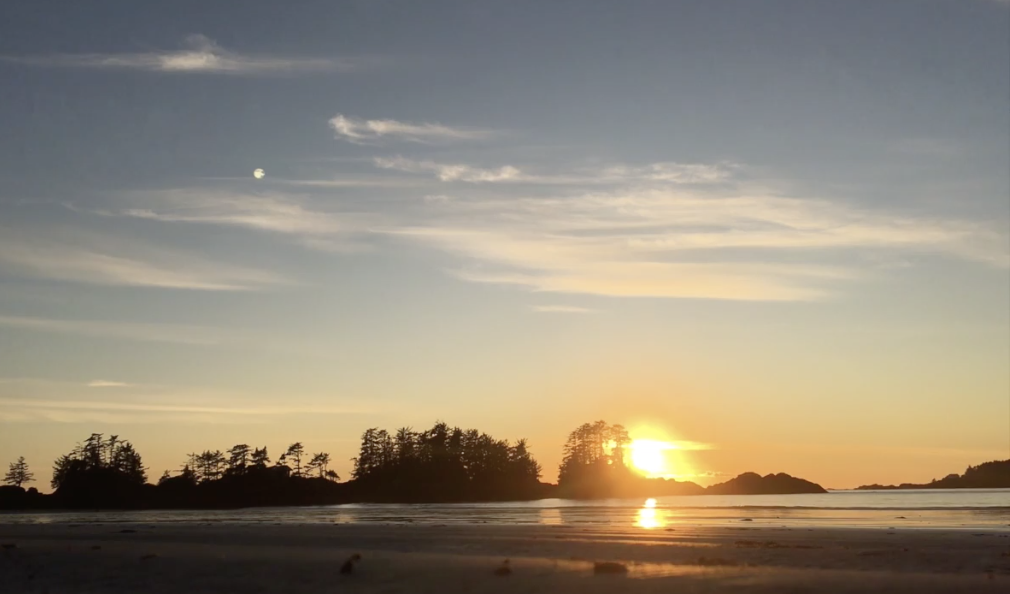
The Missing and Murdered Indigenous Women and Girls Final Report enraged us, frustrated us, and left us feeling disappointed. We are disappointed in a nation that could wrong so many people, in a plethora of ways, and are just recently starting to hear to the voices that have been calling for action, and for this Inquiry. However, we also felt very honored to take part in this assignment. This is part of our contribution towards decolonization.
Our presentation was written, recorded, filmed, and spoken, on the unceded Indigenous land of the Tla-o-qui-aht First Nation. We felt humbled to create this project on this land that we’ve both also been fortunate enough to live on. We situated ourselves in the poem right away, because we both reflected upon how the media, police and many other systems leave Indigenous voices unheard, and it felt important to acknowledge that we are speaking as allies, not attempting to speak for Indigenous peoples.
We wanted our slam poem to acknowledge the historical and current violence that Indigenous women, girls, and 2SLGBTQQIA people experience, but we also wanted it to be about hope. We were particularly moved by various personal statements included in the MMIWG report and felt inspired to include these in our poem. We wanted to pay tribute to these women who have spoken up and shared their experiences for all to hear. Surrounded by cedars here on the coast, we were both drawn to the story Banakonda Kennedy-Kish (Bell) told in our course textbook about her grandmother’s instructions to sit under these trees and breathe in their medicine.
We filmed footage of the sun setting for our visual imagery to offset the varying tones and emotions weaving in and out of the spoken poem. We thought it was important to have soft imagery that juxtaposed the strong words and allowed them to be processed and understood.
Our poem reflects what we have learned, our reactions, and our hope for decolonization, and for living in a nation that will respect, honor, and provide safety for all peoples. We emphasize our belief that it is important for all Canadians to work together in this process. We cannot begin to do 500 years of colonization justice in a short video, but we hope our attempt is eye opening, educational, and moving enough to aid in this process.
Erin and Alana
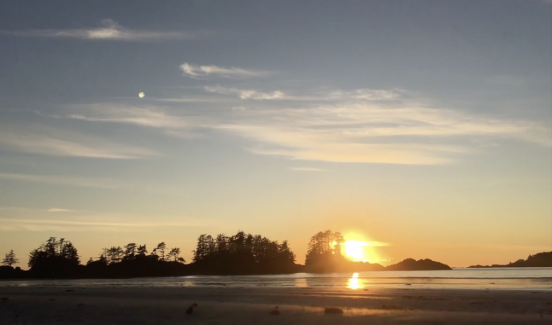
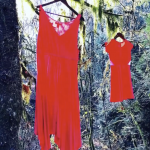
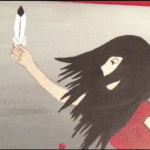
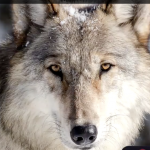
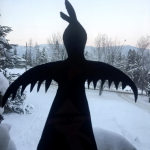
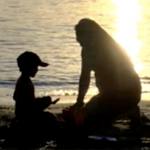
Comments by Finn